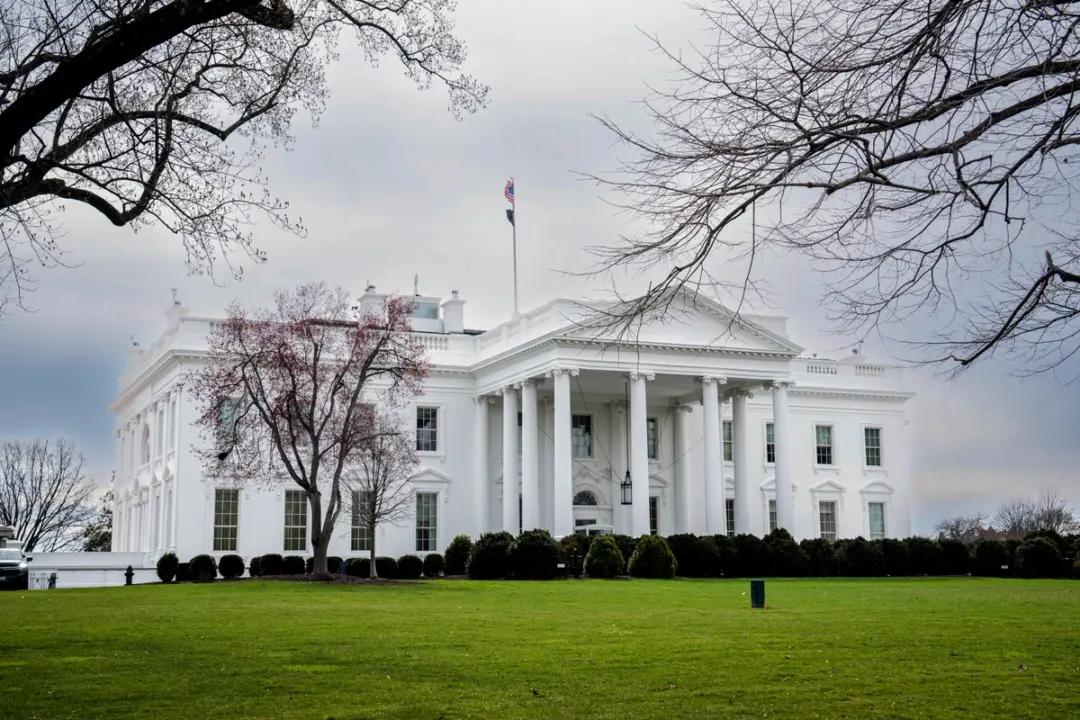Commentary
A presidential pardon is not a get-out-jail-free card. Those who receive presidential pardons face two significant hurdles.

A presidential pardon is not a get-out-jail-free card. Those who receive presidential pardons face two significant hurdles.